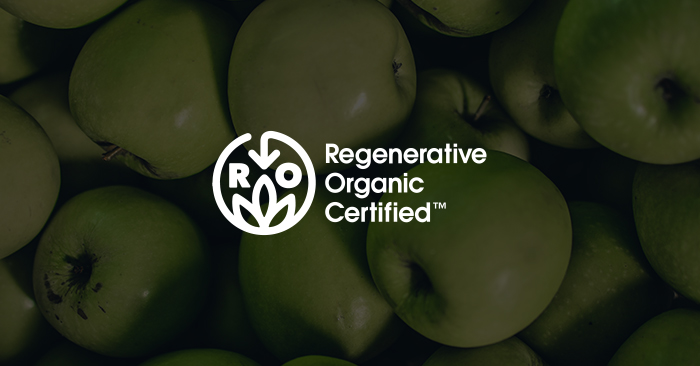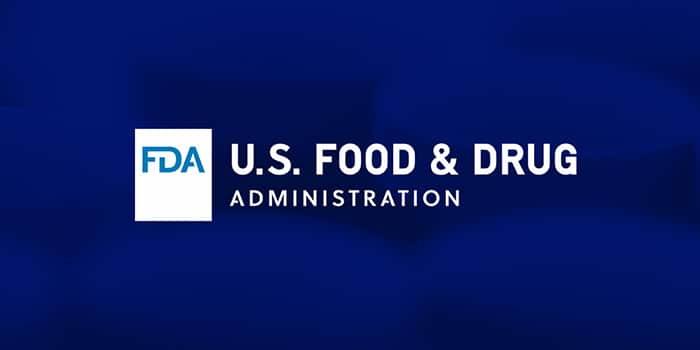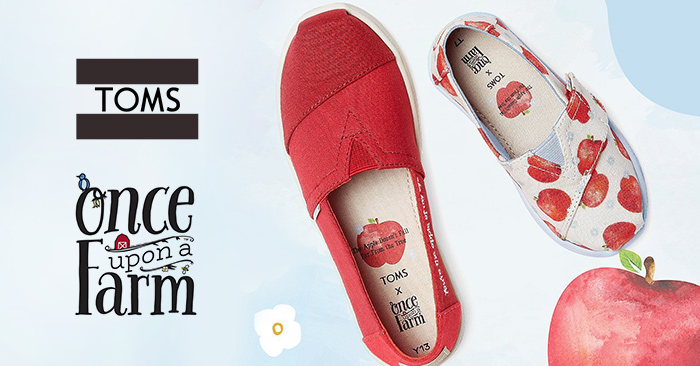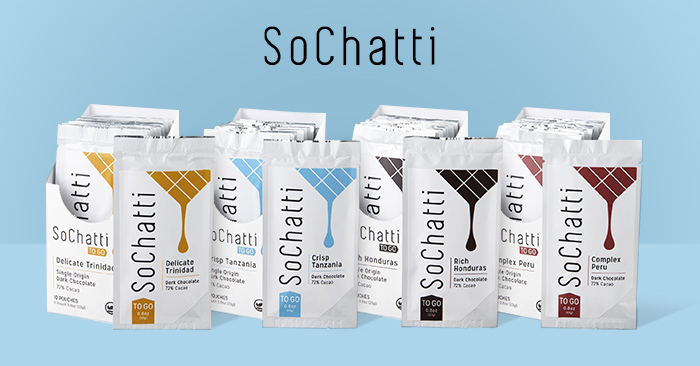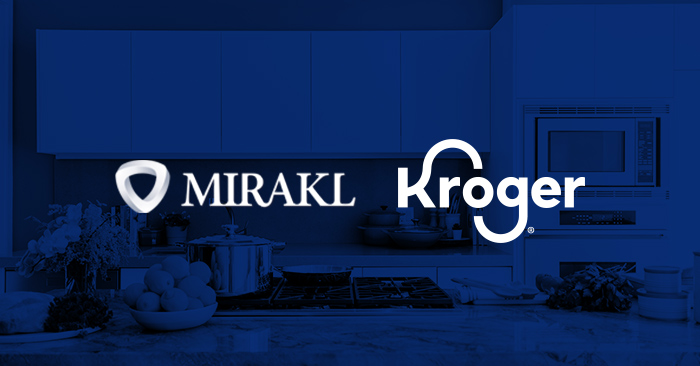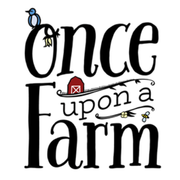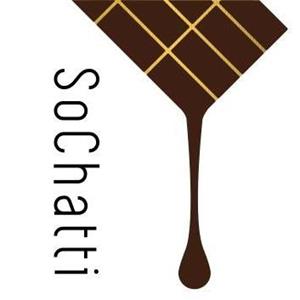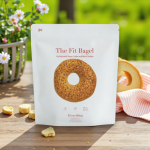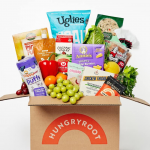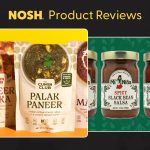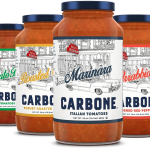The Checkout: Impossible Foods Raises $200M, Regenerative Organic Certification Launches
Welcome to The Checkout: an express lane for the weekly news you need to know, always 10 items or less.
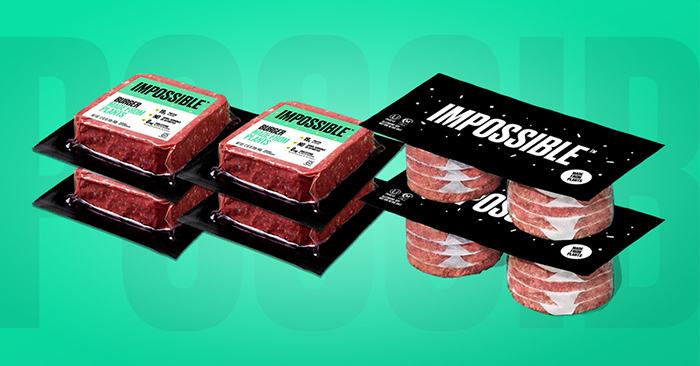
Impossible Foods Raises $200 Million
Plant-based meat brand Impossible Foods yesterday announced it has closed a $200 million Series G round, led by a new investor, hedge fund Coatue, along with participation from new investor XN Capital and returning investors Mirae Asset Global Investments and Temasek. To-date, the company has raised $1.5 billion.
The raise comes several months after the company completed another $500 million raise in March, which included a range of celebrity investors such as Trevor Noah and Mindy Kaling. According to a release, together these new funds will be used to expand R&D and manufacturing and further grow Impossible’s retail presence, which has increased dramatically in recent months.
Impossible debuted its flagship product, the Impossible Burger, in retail last September, and has subsequently accelerated its expansion due to demand during the pandemic, growing from 150 stores to 8,000 in the last six months. Most recently, the brand entered Publix and Walmart and also launched a direct-to-consumer site in June.
Plans for 2020 and beyond include scaling Impossible Pork and developing plant-based milk, steak and other foods. In June, Impossible Sausage launched via foodservice, with an Impossible Croissan’wich breakfast sandwich at Burger King and an Impossible Breakfast Sandwich at Starbucks.
Regenerative Organic Certification Launches
The Regenerative Organic Alliance (ROA), a coalition of experts and brands in agriculture, animal welfare and fair trade, this week announced the launch of its Regenerative Organic Certification (ROC) program for food, fiber, and personal care products.
The ROA was founded in 2018 by organic farming research nonprofit the Rodale Institute and natural brands Dr. Bronner’s and Patagonia. The group partnered with certifying body NSF International to launch the ROC program, which has three levels—bronze, silver, and gold, each requiring farms and companies to adapt more regenerative organic practices over time, according to a release. Brands that receive the certification support farm workers, soil health and pasture-based animal welfare, the ROA said.
A pilot program over the last year resulted in the certification of Lotus Foods brown and white rice, Nature’s Path oats, Sol Simple organic dried bananas and Patagonia Provisions Chile Mango.
Additionally, Patagonia Provisions has added a section on its site to highlight and sell ROC products, including items awaiting certification.
FDA: Gluten-Free Labeling Rule for Fermented and Hydrolyzed Food
The Food and Drug Administration (FDA) on Wednesday published a final rule on labeling fermented and hydrolyzed products, such as yogurt, pickles, cheese and soy sauce, as gluten-free, a move the agency says will further protect the 3 million U.S. consumers with celiac disease.
“The FDA’s final rule helps to ensure common products labeled ‘gluten-free’ really are gluten-free, equipping consumers to make the best choices for their health and their families,” said Alex Azar, secretary of the U.S. Department of Health and Human Services (HHS).
Since gluten breaks down during fermentation and hydrolysis, common analytical methods cannot determine if fermented and hydrolyzed products met the previous “gluten-free” definition. Under the new rule, manufacturers of fermented and hydrolyzed foods are required to maintain records confirming that: the food meets the “gluten-free” definition before fermentation or hydrolysis; the company has adequately evaluated the potential for cross-contact with gluten during manufacturing, and if needed, has measures in place to prevent gluten from entering the food during production. The rule also discusses how FDA will verify compliance for distilled products such as vinegar.
The rule does not change the definition of “gluten-free,” which the FDA established in 2013. Gluten itself is defined as a mixture of proteins found in wheat, rye and barley.
Once Upon a Farm and Tom’s Sprout a Shoe Line
Organic baby and kids’ food brand Once Upon a Farm has partnered with shoe company and fellow B-corp Tom’s to launch a limited-edition line of apple-themed shoes.
Sold online and at select Tom’s stores, the shoes are available in five different designs, two for adults and one each for kids, toddlers and babies. The shoes will retail for $24.95 to $59.95. A portion of the proceeds from the shoes will support humanitarian organization Save the Children, where co-founder (and actress) Jennerfier Garner is an ambassador and sits on the Board of Trustees.
Based in California, Once Upon a Farm produces cold-pressed baby food, applesauce and smoothies. The company was co-founded by Cassandra Curtis, who serves as chief innovation officer, and Ari Raz, who serves as president; in 2017 Garner joined the brand along with John Foraker (formerly CEO of Annie’s Homegrown) as CEO. Tom’s, launched in 2006, donates one third of its profits to mission-based organizations around the world.
More Chocolate: SoChatti Raises $2.2 Million
Chocolate startup SoChatti recently closed a $2.2 million round of funding, with an additional $950,000 in bank financing, from Bob Kirch, managing partner at Kirch Equity Investments, Elliott Parker, CEO of venture studio High Alpha Innovation, and Ryan Rans, managing partner of Great Lakes Capital.
The news comes as the brand looks to grow its retail footprint and direct-to-consumer capabilities. The Indianapolis-based company’s chocolate is designed to be eaten melted as a sauce or ingredient and uses single origin cacao. The products are sold in packaging that keeps them shelf-stable for up to two years, and the company recently launched a to-go version of its original 72 percent dark chocolate. Along with the chocolate itself, SoChatti also sells a chocolate warmer which keeps its products at the optimal temperature at all times.
The company’s production process has potential beyond chocolate, according to SoChatti founder and CEO Matt Rubin. The brand recently moved into a 12,000 square foot facility with a dedicated R&D space for testing other food and beverages.
“We’ve been able to capture and produce chocolate flavor that doesn’t degrade over time in a way that was previously impossible and unheard of in the industry,” Rubin said in a release. “What’s most exciting is that what we’ve been able to prove with chocolate is just the tip of the iceberg when it comes to shelf-stable flavor that doesn’t require preservatives.”
Kroger Ship to Expand with Third-Party Marketplace this Fall
Kroger this week announced it will add a marketplace of third-party products to its e-commerce platform Kroger Ship this fall, starting with 50,000 items, including natural, organic and international foods.
Kroger Ship launched in 2018, and the new offering was developed in partnership with software platform Mirakl, which manages B2C and B2B digital marketplaces for companies like chocolate producer Valrhona and Walmart’s Mexico business. The move comes after Kroger’s digital sales grew 92 percent during the first quarter of 2020 with consumers increasingly choosing online grocery shopping, Jody Kalmbach, Kroger’s group VP of product experience, said in a release.
“Leveraging Mirakl’s best-in-class marketplace solution, we are broadening Kroger’s ship-to-home capabilities by offering more relevant products for our customers through exciting new partnerships with reputable third-party sellers,” Kalmbach said.
